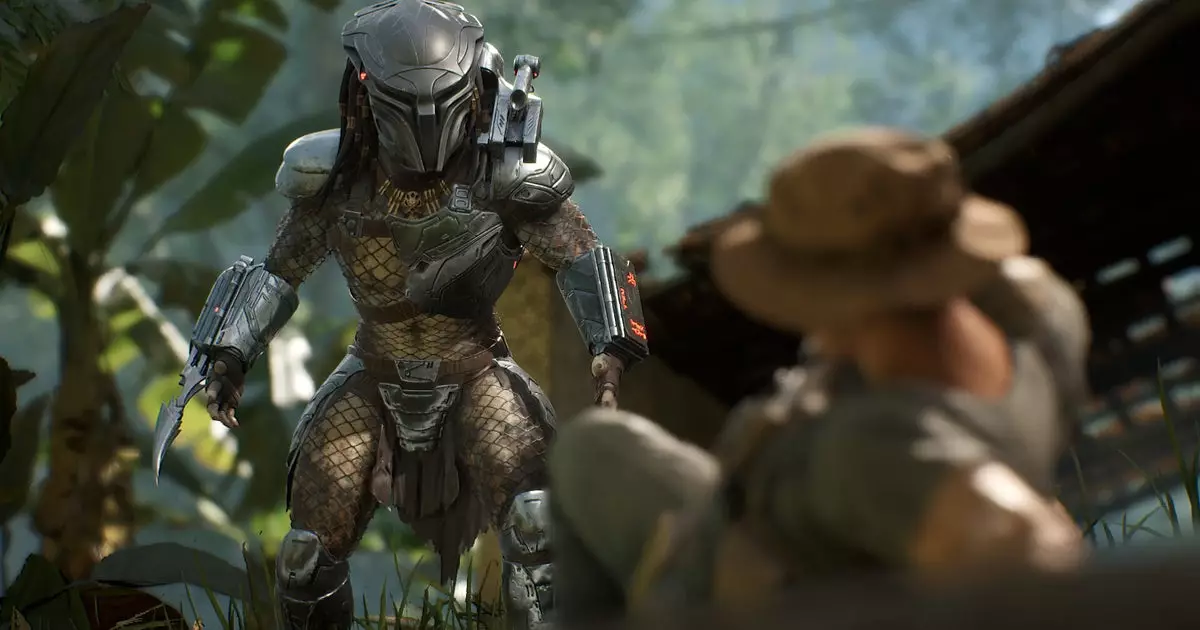In recent developments, IllFonic, the studio behind popular titles like *Friday The 13th: The Game* and *Predator: Hunting Grounds*, has announced layoffs as part of a strategic overhaul. This decision reflects a growing trend in the gaming industry where studios, large and small, are facing pressures that necessitate drastic measures. The company’s CEO and co-founder, Charles Brunghardt, articulated this painful decision in a LinkedIn statement, acknowledging external factors that influenced the workforce reduction. The statement, although devoid of specific details on the layoffs, teases apart a larger issue—how the fluctuating gaming landscape can rapidly alter a company’s trajectory.
IllFonic’s downsizing comes at a time when many other studios are also restructuring. With no clear reason provided for this realignment, speculation quickly turns to the impact of fading licensing agreements—specifically, the expiration of the rights to *Friday the 13th*. Without the game in circulation since last December, the financial ramifications are likely significant. The company is also struggling with its more recent titles, such as *Ghostbusters: Spirits Unleashed* and *Killer Klowns from Outer Space: The Game*, both of which appear to lack the robust engagement seen with their predecessors. The challenges of creating stable audiences for asymmetrical horror games raise questions about market saturation and consumer interest—factors that may have directly compelled the layoffs.
The echoes of layoffs in the gaming industry this year are becoming increasingly notorious. Reports indicate that around 14,000 individuals across various companies are facing job loss—a stark increase from the previous year. This troubling statistic serves not only as a grim reminder of the realities of the industry but also prompts deeper introspection regarding the sustainability of current business models. Companies like Ubisoft have recently made similar cutbacks, sacrificing personnel in an effort to transition away from failing projects. This trend highlights an overarching theme: as studios navigate contemporary challenges, including market fluctuations and changing consumer behaviors, workforce stability becomes a casualty of strategic pivots.
In their efforts to evolve, IllFonic has not shied away from exploring new creative pathways. CCO Jared Gerritzen previously indicated the studio’s ambitions for *Killer Klowns*, expressing hope that the title would engage a broader demographic rather than catering solely to hardcore gamers. However, this shift in vision has not been met with the expected enthusiasm, revealing the difficulty in striking a balance between accessible game design and specialized genres. This speaks volumes about consumer preferences and the potential pitfalls of attempting to diversify game offerings in an ever-competitive market.
The terminology surrounding layoffs often appears sanitized, cloaked in euphemisms designed to soften the impact of job losses. Phrases such as “re-aligning” and “refining” the workforce can obscure the harsh realities of the situation. It raises questions about corporate responsibility and transparency; while companies attempt to cushion their messaging, affected employees face real uncertainty about their futures. Acknowledging this dissonance is essential, as it underlines a critical gap in how businesses communicate with stakeholders during challenging times.
For the talented developers affected by IllFonic’s layoffs, the road ahead may seem daunting. The community must rally together to provide support and lead efforts for job connections, as Brunghardt tenderly encouraged in his statement. As industry insiders search for opportunities, they must also evaluate how to leverage their skills in an ever-demonstrating landscape. The gaming sphere is not only an environment of creation but also one of resilience. Transitioning through such painful chapters may pave the way for the necessary evolution within the industry, ultimately leading to renewed vigor and innovation.
IllFonic’s layoffs shine a light on the pressing issues facing the gaming industry, underscoring the importance of adaptability in turbulent times and the need for empathy towards those affected. The ability to pivot while fostering community support will be paramount as developers navigate this complex and often unpredictable landscape.


Leave a Reply
You must be logged in to post a comment.